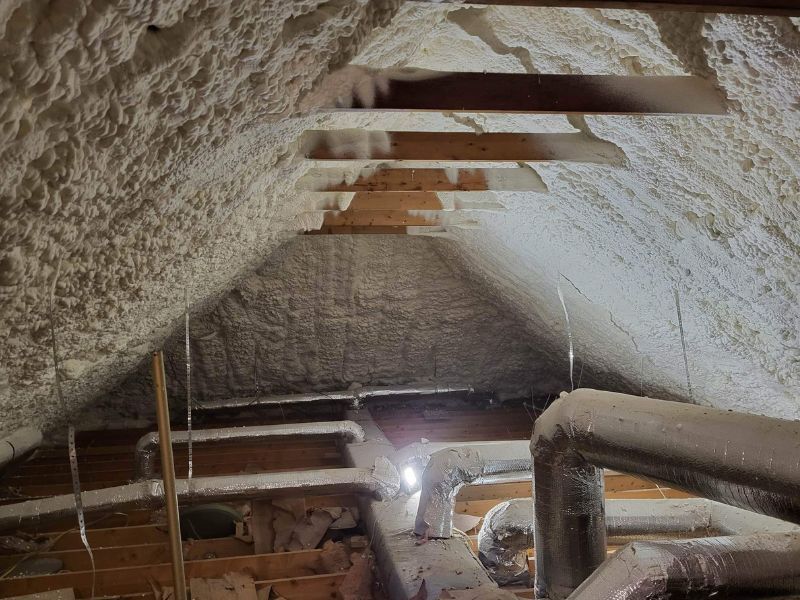
The Environmental Benefits of Home Insulation – Reduce Your Carbon Footprint
Insulating your home can have a significant impact on reducing your carbon footprint and preserving the planet for future generations. In this post, we’ll discuss the environmental benefits of insulation and how it can help you do your part in creating a more sustainable future.
The Environmental Benefits of Home Insulation
Reducing Energy Consumption
Insulation is an effective way to reduce energy consumption in your home. By keeping your home warm in the winter and cool in the summer, insulation reduces the amount of energy you need to use to heat and cool your home. This translates to a lower carbon footprint and less reliance on HVAC systems.
Reducing Greenhouse Gas Emissions
Reducing energy consumption through insulation indirectly reduces greenhouse gas emissions. Energy production accounts for a significant portion of greenhouse gas emissions, so by using less energy, we reduce the need for energy production and decrease greenhouse gas emissions.
Saving Natural Resources
Insulation also helps to conserve non-renewable natural resources. By using less energy, we reduce the demand for fuels like coal and oil, which are non-renewable resources. This helps to conserve these resources for future generations.
Creating a Healthier Environment
Insulation can also improve the indoor air quality of your home by reducing the amount of moisture in the air. This reduces the growth of harmful mold and mildew, which can be detrimental to your health.
Frequently Asked Questions About Home Insulation
What type of insulation is the most eco-friendly?
Cellulose insulation is made from recycled paper and is considered one of the most eco-friendly insulation options.
How much can I save on my energy bills by insulating my home?
The amount you save depends on several factors, such as your current insulation levels, the type of insulation you choose, and the climate in your area. On average, homeowners can save up to 20% on their energy bills by adding insulation.
Can insulation be added to an existing home?
Yes, insulation can be added to an existing home. An insulation professional can assess your current insulation levels and recommend the best options for an upgrade.
How long does insulation last?
The lifespan of insulation depends on several factors, such as the type of insulation, the quality of installation, and the climate in your area. On average, insulation can last up to 25 years.
Why should I choose Premier Insulation for my insulation needs?
Premier Insulation offers a variety of insulation solutions that are eco-friendly, high-quality, and installed by experienced professionals. Contact us today for a quote and to learn more about how we can help you reduce your carbon footprint and create a more sustainable future while saving you money!
Table of Contents
Other Blogs You May Be Interested In
Categories
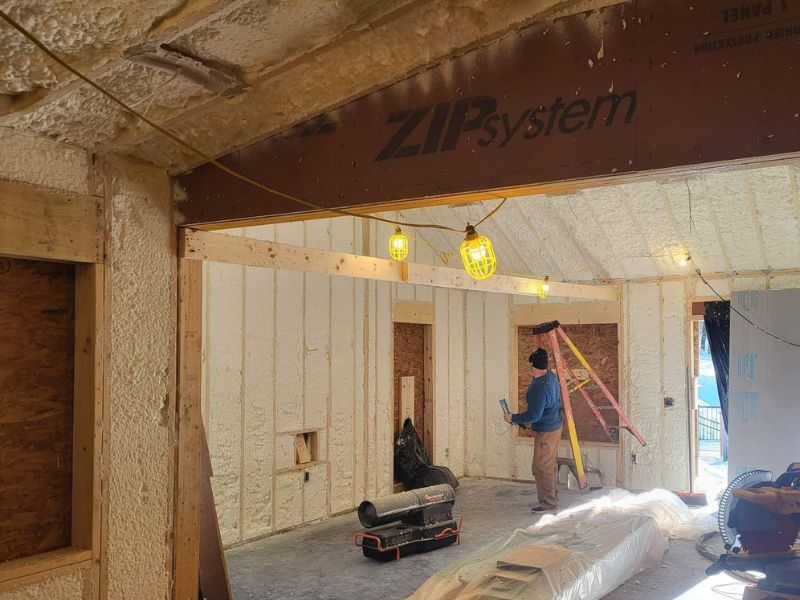


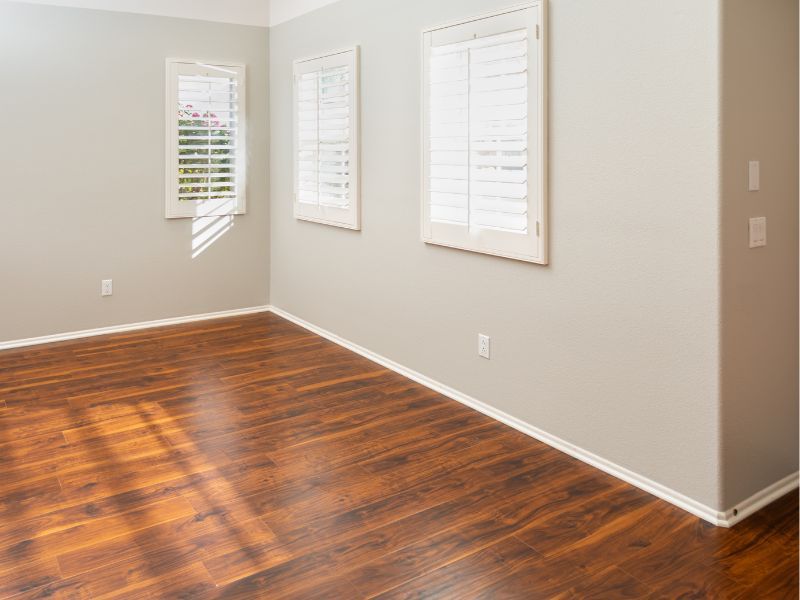
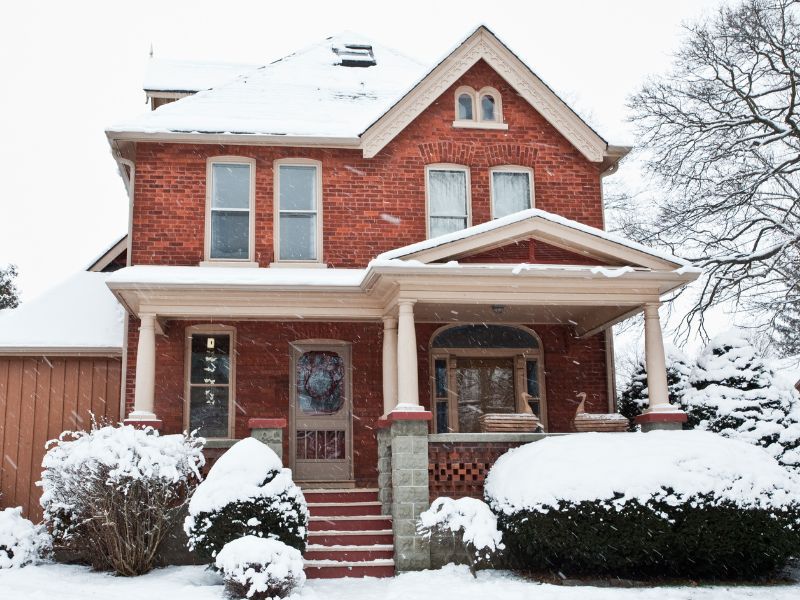
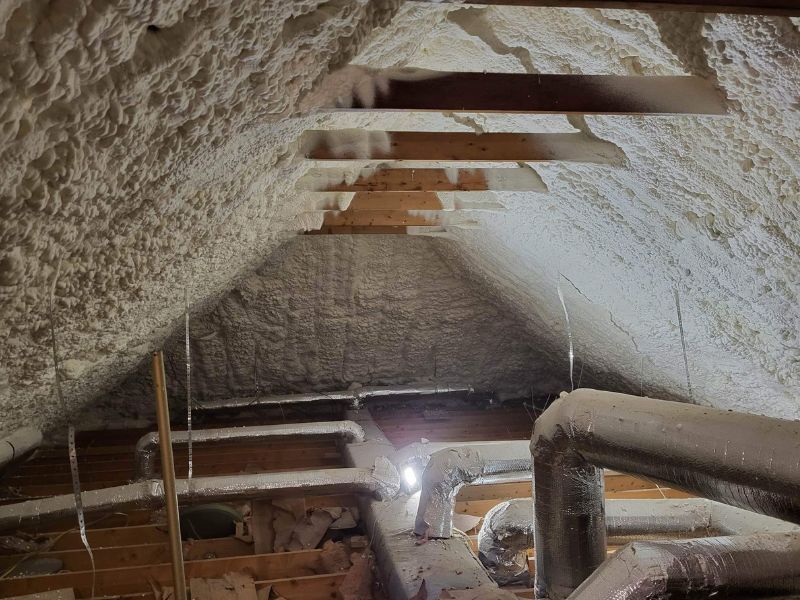
Leave a Reply
You must be logged in to post a comment.